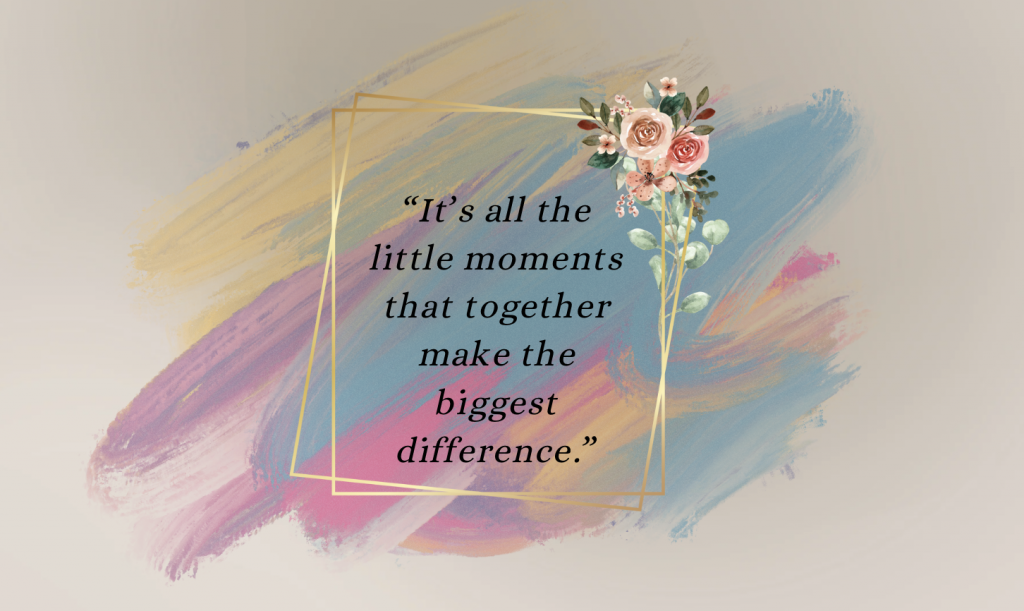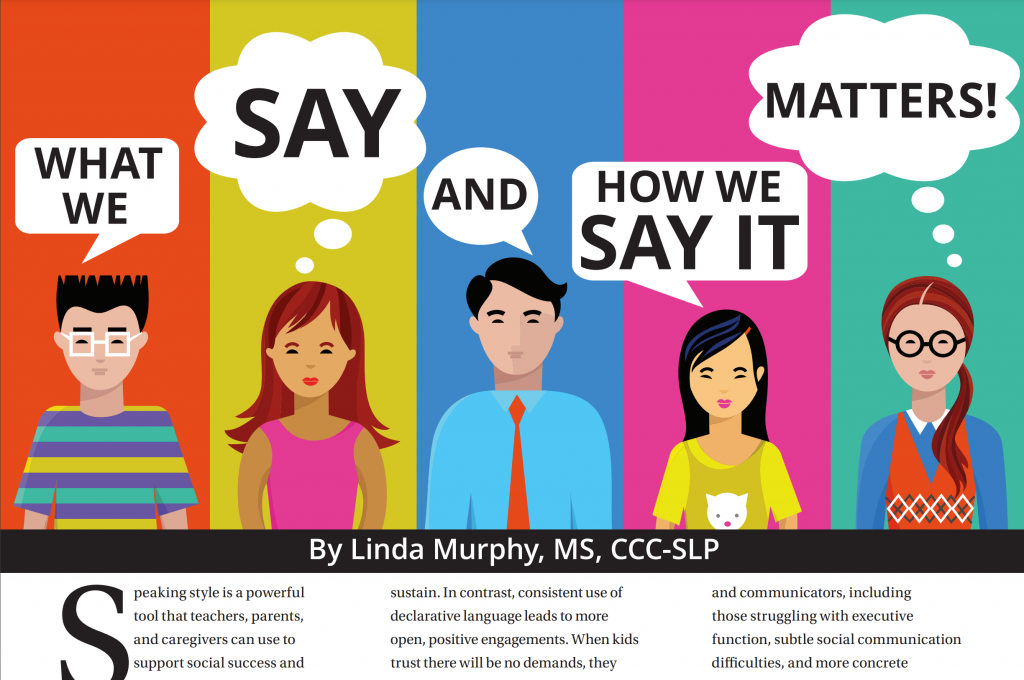Techniques – coming soon… more detail about my specific Parenting Differently through the Power of Moments approach.
There are many things that we can do to make our children’s and our own lives happier. Some things may seem so small you may be skeptical about the impact, but over time it’s the combination of all the little things that add up to the biggest change. That is what I experienced.
I suspect you have already tried rewards, punishments, shouting, cajoling to get your child to do what you want them to do and what school wants them to do. If you are looking at my website, the likelihood is that this hasn’t worked and that you are feeling hopeless and lost.
Your child is trying to tell you something about themselves, maybe not with rational kind conversation but with their actions and words. The chances are that they have some pretty amazing qualities, to go to the lengths they are going in order to keep trying to tell you. Maybe they have their own ideas of what they want to do, they have a different way of trying to connect, they have strong intrinsic motivation to do the things that interest them, they don’t want to waste time on things they consider pointless, their experience of the world is different to yours, they can’t do all the things you and school are expecting of them and they don’t see why they should be controlled by you just because you are an adult and their parent/carer.
Initially, it is really hard as a parent to accept that your child needs something different from you. Society tells parents they must control their children, get them to conform, do chores, go to school, enjoy a broad curriculum, do lots of clubs, do homework, go to bed early and to follow instructions from adults without question. But the qualities that we often resist and squash in childhood such as, not following the crowd, thinking differently, questioning adults on why they should something, taking risks, being a leader, standing up for themselves, being focused on what they want, learning in-depth about a subject, are all qualities that would be celebrated and lead them to be successful entrepreneurs in adulthood!
But we do of-course have to recognise they are still children, their brains aren’t fully developed and they need us to guide them and support them on their journey. Parenting Differently is a delicate balance.
Spend time really observing your child and finding what is going on for them. Whatever the reason for your child’s behaviours, fundamentally we can’t control our children. We can only control ourselves and our actions, reactions and interactions with our children. The good news is, whether they currently show it or not, most children are desperate for a connection to their parent/carers. They learn from watching how we behave, how we manage relationships and how we manage emotions and conflicts. They want to feel safe with us, they want us to understand them and to accept them and to feel a sense of belonging. I believe our job is to help them to feel this.
Several years ago my child was on the waiting list for CAMHS and the signposting agency suggested I did a parenting course. Of course I was initially skeptical, parenting is something that we think we are just supposed to know about and it can feel slightly awkward when someone suggests you do a course. However, I am always open to something new, and I felt confident in my way of parenting. The problem was I didn’t have a framework to explain how or why I was parenting differently.
I went on a CAMHS Non Violent Resistance (NVR) Course, and it was so helpful. I finally found the structure to explain to others how I had already been parenting. It was evidenced based so I could confidently and calmly communicate and explain my style of parenting! I wasn’t worried about being judged anymore, there was plenty of research to show that NVR works!
NVR is not about ‘fixing’ or controlling your child. It is about understanding and accepting your child for who they are, role modelling and guiding and prioritising the relationship with them. Collaboration not Control. This may initially mean lowering most demands until your relationship is stronger and only then start bringing in low demands. e.g. does it really matter if they don’t empty the dishwasher/wash up if you are not on talking terms or there is aggression?
I have adapted NVR for neurodivergent children with an autonomy needing and demand resistance profile to focus less on resistance, and more on understanding, acceptance, meeting needs, changing expectations and moments of collaborative guidance and unconditional connection.
Below I have outlined the main techniques that I find helpful, but bear in mind not everything works every-time and that is to be expected. We are all human, every interaction is slightly different, everyday we feel different, hungry, tired, annoyed, upset etc. and we all make mistakes sometimes! And don’t forget ask for help and build your support network. (My own specific approach coming soon.)

NVR – Non Violent Resistance. This is an evidenced based parenting/relational approach created by Professor Haim Omer. Many CAMHS, Adoption Charities, Youth Justice teams and Local Authorities are now seeing the benefits of NVR and offering it to their parents. It is a flexible approach and adapted to suit different families. The main focus areas are: parental presence, looking after yourself, de-escalation, reconciliation gestures, baskets, supporters, announcements, sit ins, siblings. I believe it is a way of life rather than just a set of tools. It empowers the parent to focus on their own positive parental presence in order to prioritise their relationship with the child and not to focus on controlling the child. Collaboration not Control. As a qualified NVR practitioner I have my own interpretation of NVR which is tailored towards neurodivergent children and families. I combine NVR with other techniques to create my own approach to Parenting Differently, which works for me. The link is to the UK’s NVR Association. If you doing an NVR course, ask them how they have adapted it for AuDHD and PDA children, very important!

Declarative Language and Tone of Voice. What we say and how we say it is so fundamental to the relationship with our children. It impacts how they respond, how they feel, and whether a situation is escalated or not. Declarative language helps to reduce anxiety in children as it invites a response rather than demands an action. I have found that it makes a huge difference in the co-operation of my child and has dramatically reduced escalations and meltdowns. As a quick intro, instead of saying ‘put your shoes on’ try saying ‘I have put your shoes by the door’ or ‘It’s raining outside I am glad I have my wellies on’. The same with cleaning teeth. Instead of saying ‘Do your teeth now’ try saying ‘Your tooth brush is ready for action’ or ‘I have put the toothpaste on your toothbrush’. But do carefully think through how you use it, because in order for it to be beneficial and to support independence and to develop parent/child trust, parents need to be prepared that the child may come up with a different response than the one you had hoped for! Declarative language is not a solution or a fix to get a child to comply it’s a way of building trust and giving a child opportunities to problem solve, it is one part of Parenting Differently.
